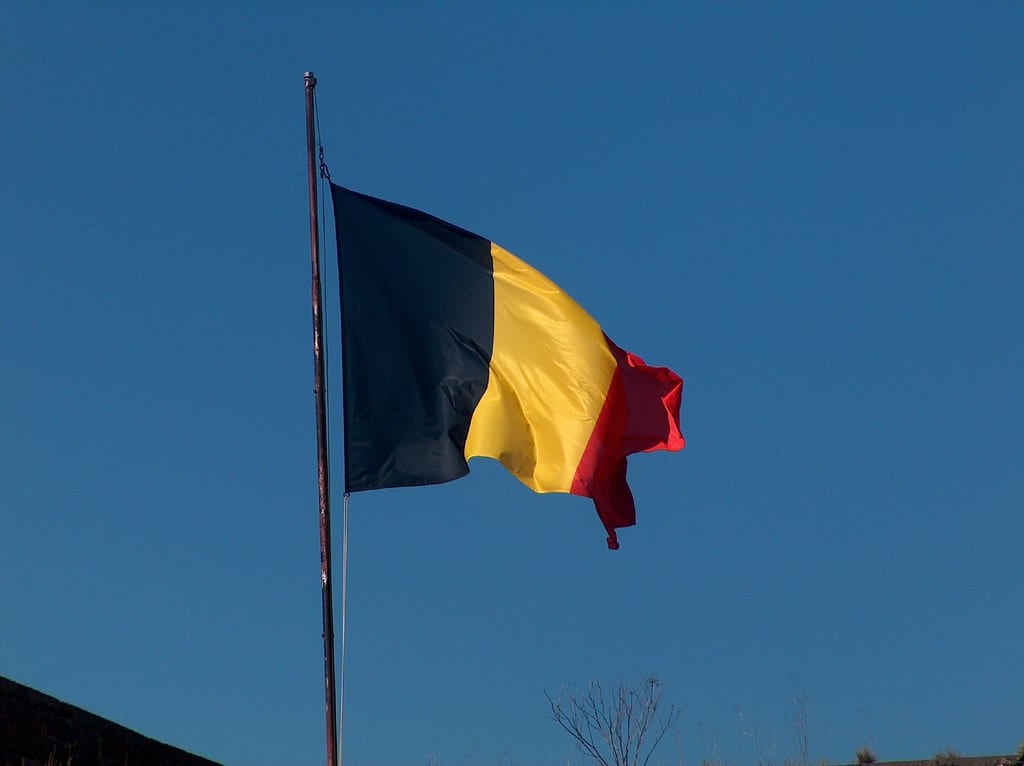A number of amendments to Belgium’s Gambling Act have been published in the country’s Official Gazette, one of which mandates Belgium’s regulator to meet with licensee representatives once per year.
The amendments were published today (22 May) and reiterated by Belgium’s regulator, the Commission des Jeux de Hasard (CJH). The new measures will come into force on 1 June 2024.
Under the new measures, the CJH must meet with licence holder representatives once per year and discuss player protection measures. The regulator must provide a yearly update on these meetings in its annual report.
On the subject of player protection, another amendment will see the phrases ’18 years’ and ‘minors’ replaced with ’21 years’. This amends Article 15/2 of the Gambling Act, which states that the CJH will issue warnings to those who infringe the Act in a way that affects a person under the age of 21. The municipality must also inform the CJH when an F2 licensee is the subject of a police report due to a breach of the law committed against a person under 21 years old.
In March, the CJH announced a different set of amendments to the Gambling Act that will come into force on 1 September 2024. These amendments will raise the minimum gambling age to 21 and ban all gambling advertising.
At the beginning of the year, the Belgian expertise centre for alcohol, illegal drugs, psychoactive medication, gambling and gaming called for the minimum gambling age to be raised to 21.
Register of professionals
Included in the amendments announced today is an order for operators of Class I and Class II establishments, or fixed Class IV establishments, to keep a register of professionals. This register will catalogue those that access games rooms in these establishments for professional reasons. This circumvents checks for these individuals on the Excluded Persons Information System (EPIS) register – Belgium’s self-exclusion roster.
The register itself, as well as images from CCTV, are also added to the list of documents that police officers and CJH officers can request. The CJH must also make leaflets on gambling addiction available to bookstores.
In addition, the CJH will be given more power to establish certain binding protocols, which will be published in the Moniteur Belge. The CJH will also have a legal obligation to provide updates of its list of illegal websites. Updates will be published in the Official Gazette.
Turning back to licence holders, those who want to remain a Class C licence holder must continue to meet the conditions of Articles 41 and 42 of the Gambling Act. Article 41 orders Class C applicants to be in full possession of their civil and political rights, and not hold a criminal record for the five years before application. Article 42 mandates applicants to be entered into the Crossroads Bank for Enterprises as a commercial undertaking.
Physical licences for Class D licence holders will be abolished and replaced with an electronic licence.
CJH dealing with complaints
Under the current law, a mediation service receives and processes requests for extrajudicial settlements for gambling disputes. The new amendments will see these requests become the remit of the CJH.
The CJH must also deal with complaints relating to licence applications and compliance with the Gambling Act, as well as subsequent decrees.
Summarising the amendments, the CJH noted that some of the amendments will come into force at a later date. An amendment that will allow sanctioning for identity theft and the establishment that permits it will take effect on the first day of the 12th month after it is published in the Official Gazette. This will relate only to holders of A, A+, B, B+, F1+ and F2 licences in a fixed class IV gaming establishment.
The EPIS check will also be extended to bookstores. This will be enacted on the 24th month after it is published in the Official Gazette.

